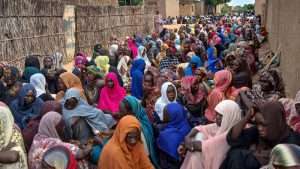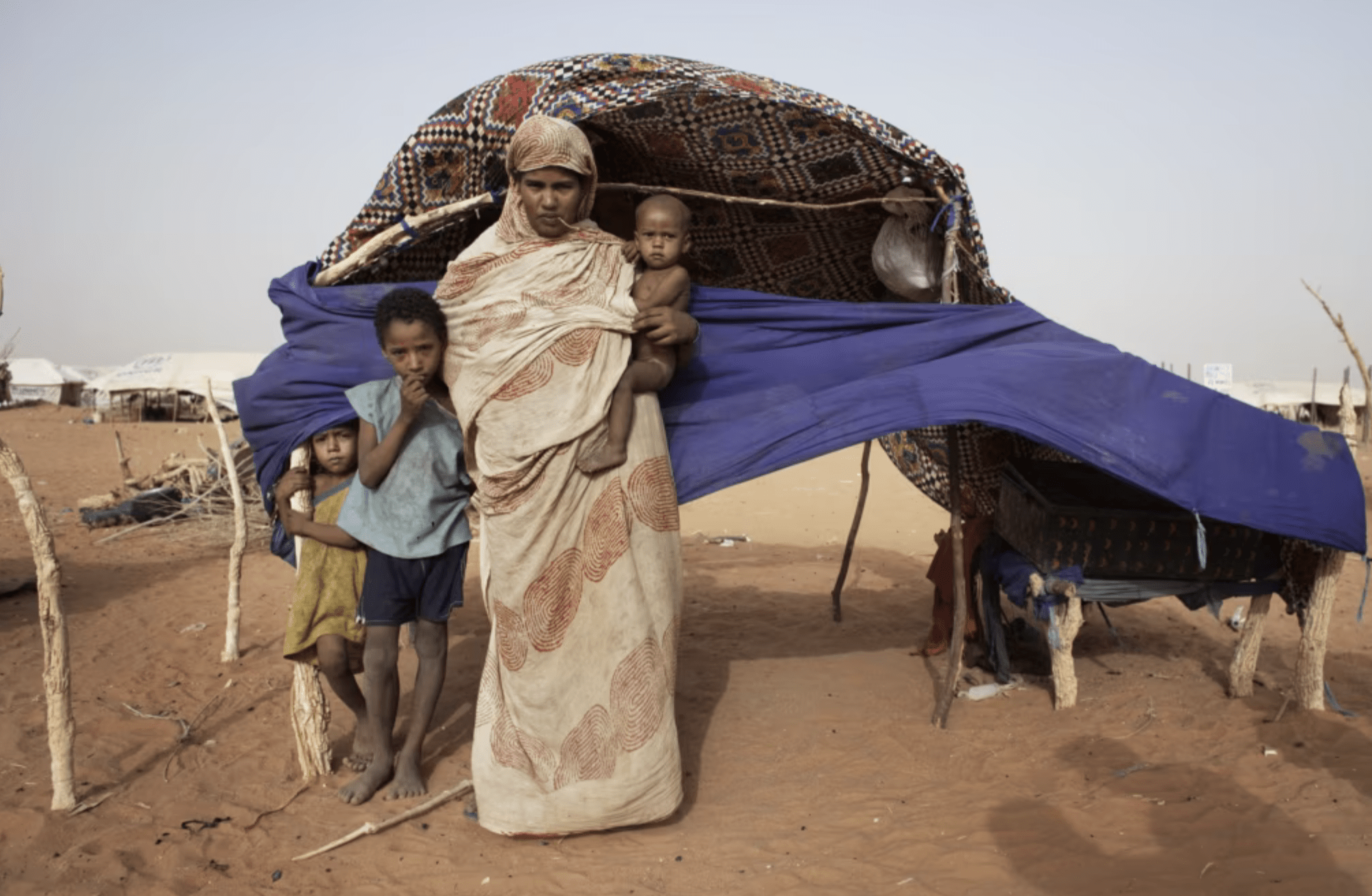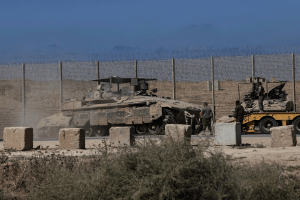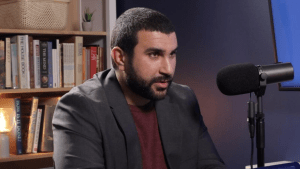Tunisia: authorities recover 19 bodies at sea
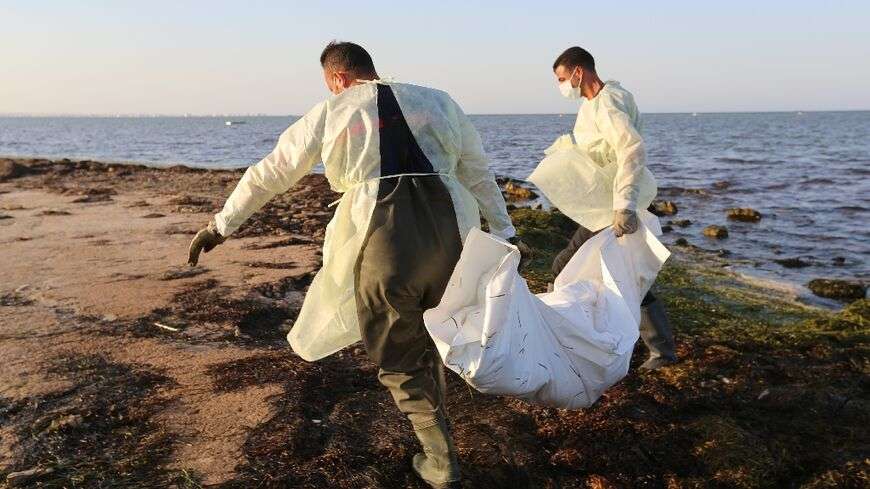
The Tunisian authorities recovered the bodies of 19 people who hoped to cross the Mediterranean Sea and migrate into Europe, according to The Associated Press.
Authorities arrested five people for human trafficking on 23rd April, after the recent clashes between migrants and Tunisian law enforcement in Sfax, a primary departure point for migrant boats.
Those arrested face Tunisia’s human trafficking charges, which are typically up to around 20 years.
Since the beginning of 2024, over 7,000 migrants have crossed the Mediterranean Sea and entered Italy from boats that left the Tunisian coast.
READ: Italian coast guard rescues 22 migrants, 9 bodies found
Although over 49,000 migrants have successfully crossed into Europe this year, thousands have been intercepted by North African authorities, and almost 500 people are believed to be dead or missing.
The EU’s new migration and asylum pact was passed earlier this month, despite the rejections from the far-right and far-left. The right claims that the pact is not strict enough, whereas the left declares that it is too strict and that the passing of the agreement ignores the European values of compassion and human dignity, The Guardian reported.
The new agreement will see that tough new screening systems are put in place, and if the migrants do not qualify for international protection to their countries, they will be returned back to their home destinations.
Elections for the European Parliament take place in June – and MEPs fear that the repeated cases of tragedy and despair are complicating their efforts to make Europe’s migration policy even tighter.
Eve Geddie, Amnesty International’s head of European institutions office and director for advocacy condemned the EU for “shamefully co-signing an agreement that they know will lead to greater human suffering,” and said that the pact was a symbol of “failure to show global leadership.
For years, human rights organisations have criticised the political and police crackdowns that are often accompanied by stringent policies that continue to fail to deter migrants from risking their lives to seek refuge across the Mediterranean Sea.
Since Tunisia’s five-year migration deal with Italy and Albania was confirmed in February, migrants have been left in the dark regarding the regulations around their safety and security.
A Sudanese refugee stated “we don’t know what will happen to us in Albania. If Europe’s decision will help us, we support it and hope they will help us because we are already fleeing from war.”
As well as the civil war and relentless political instability, Sudan is now facing famine, and one of the world’s largest hunger crises’.
AP/The Guardian
Want to chase the pulse of North Africa?
Subscribe to receive our FREE weekly PDF magazine





